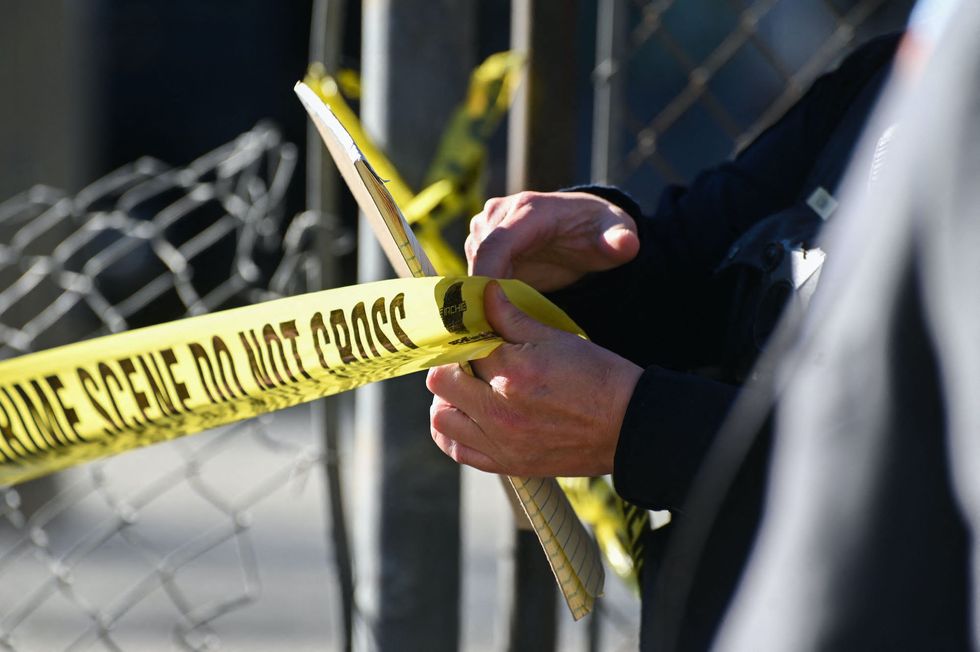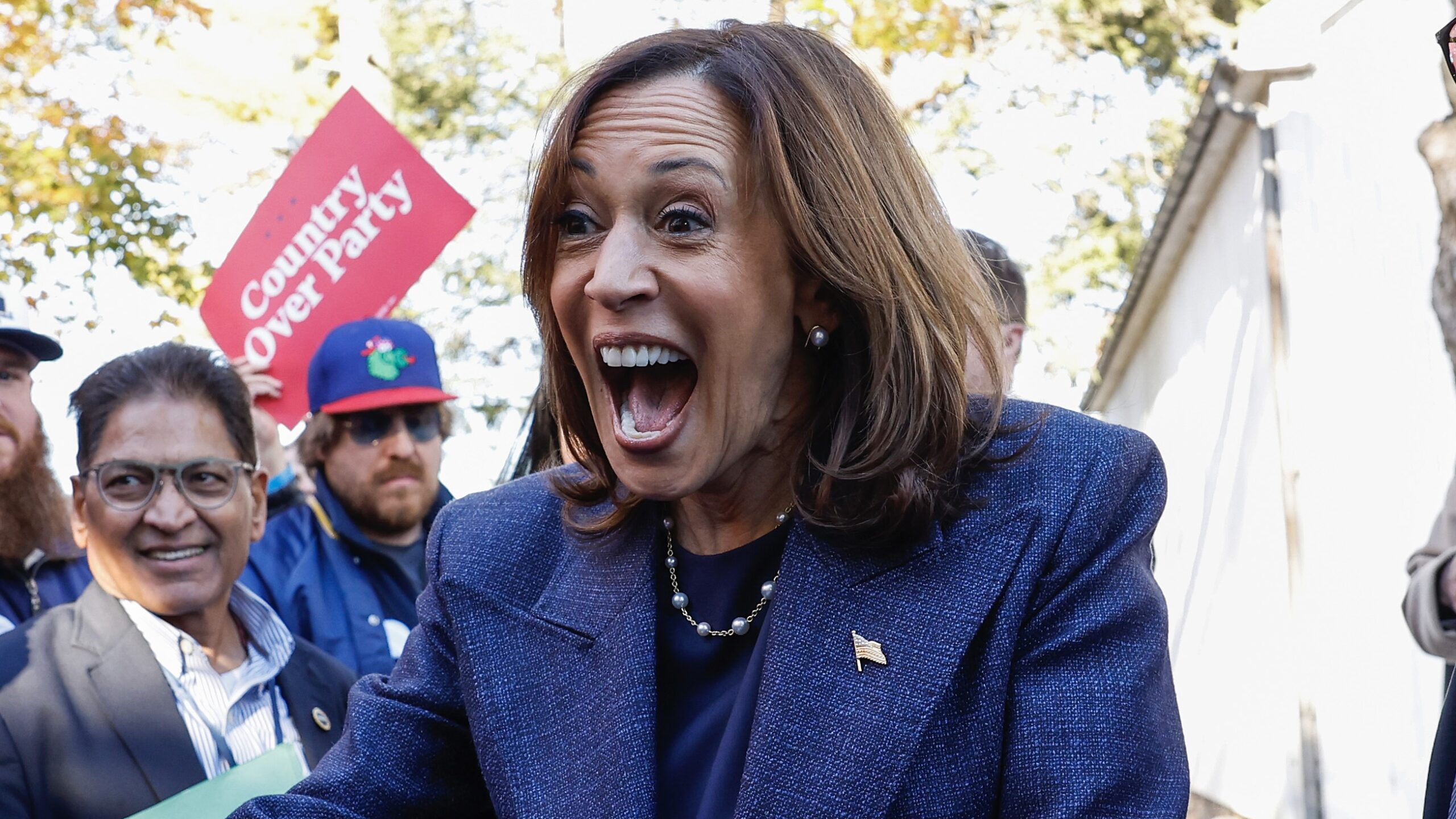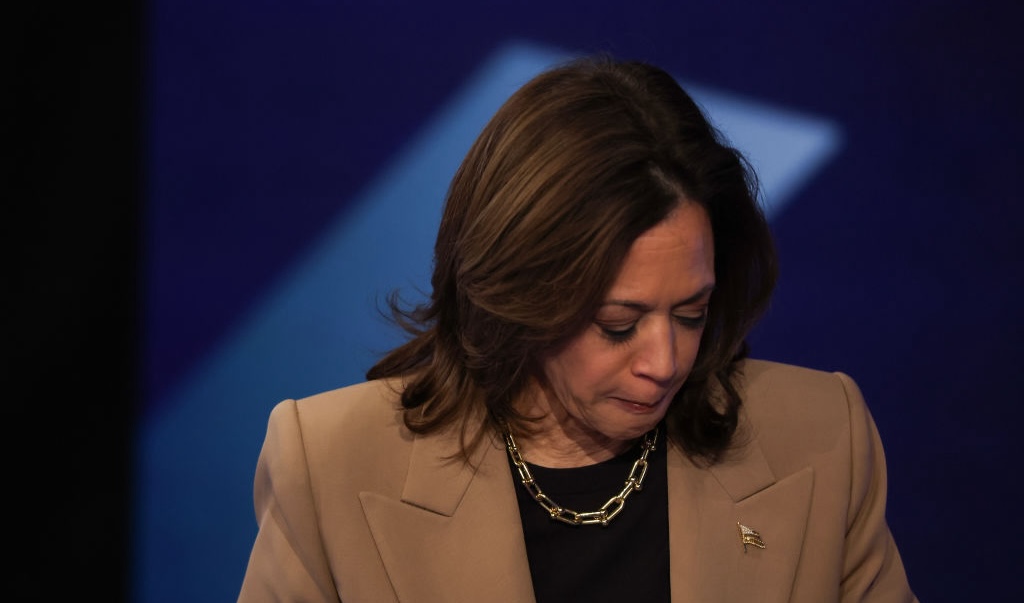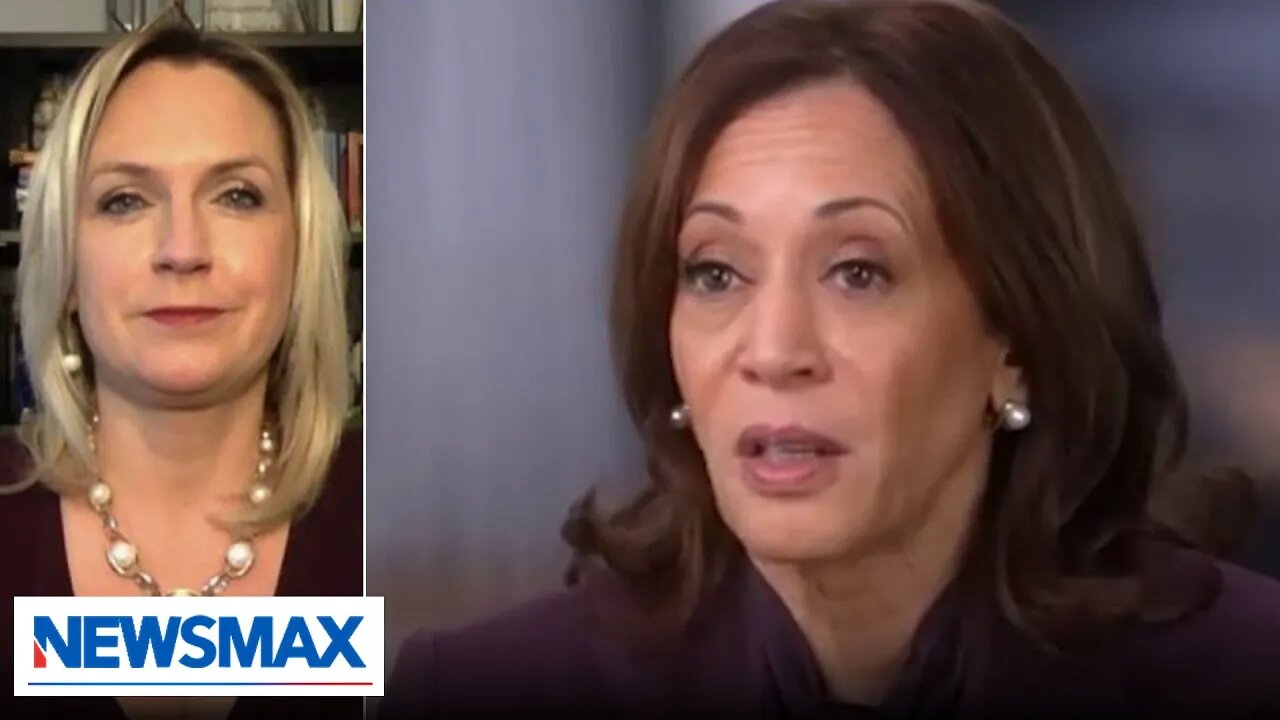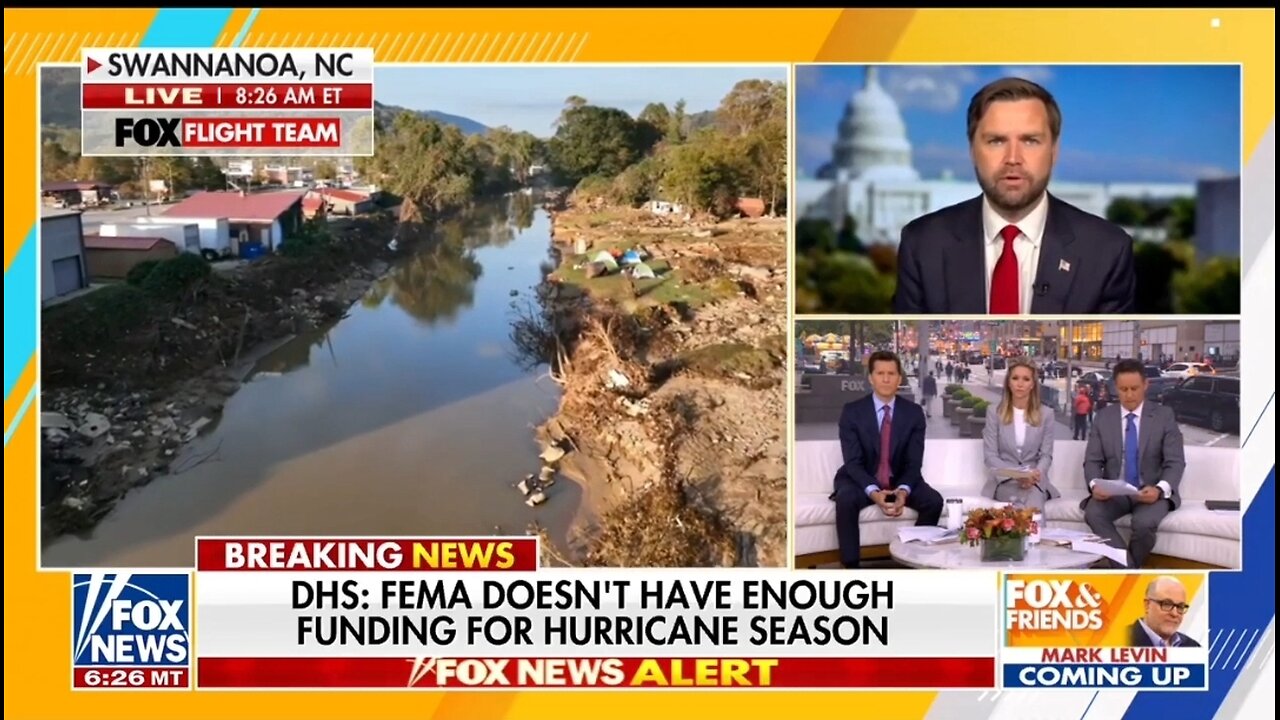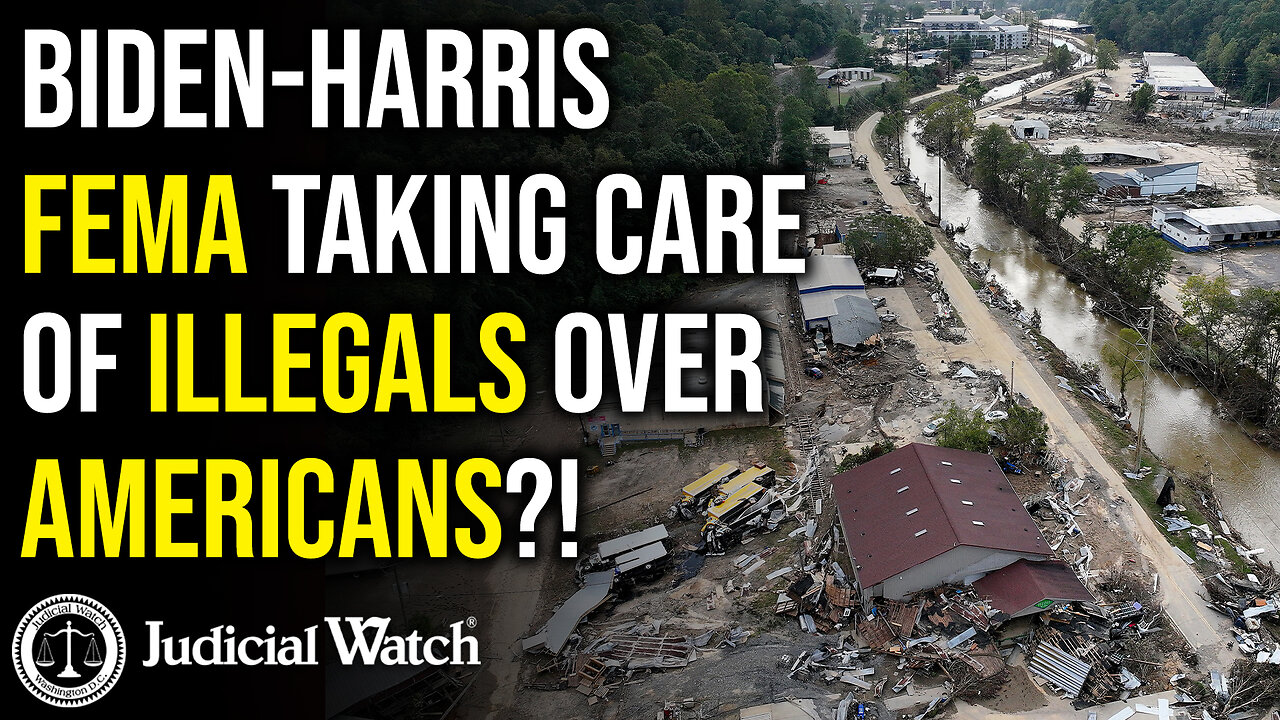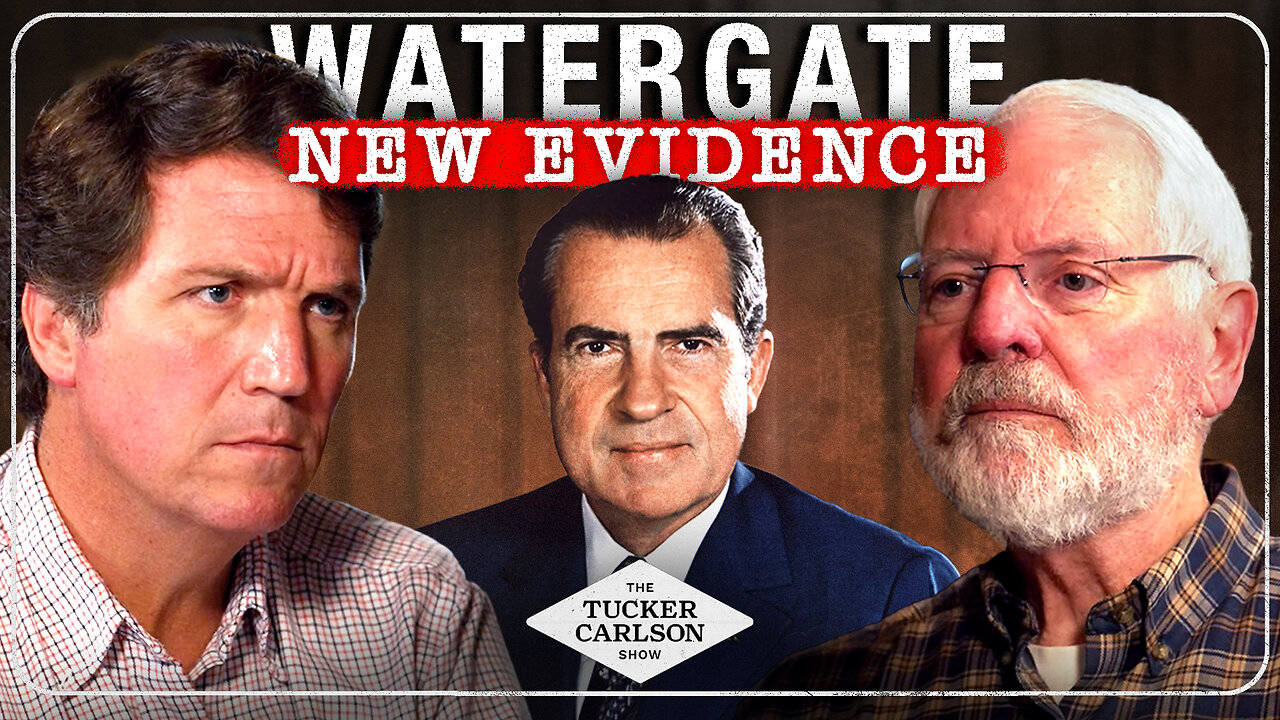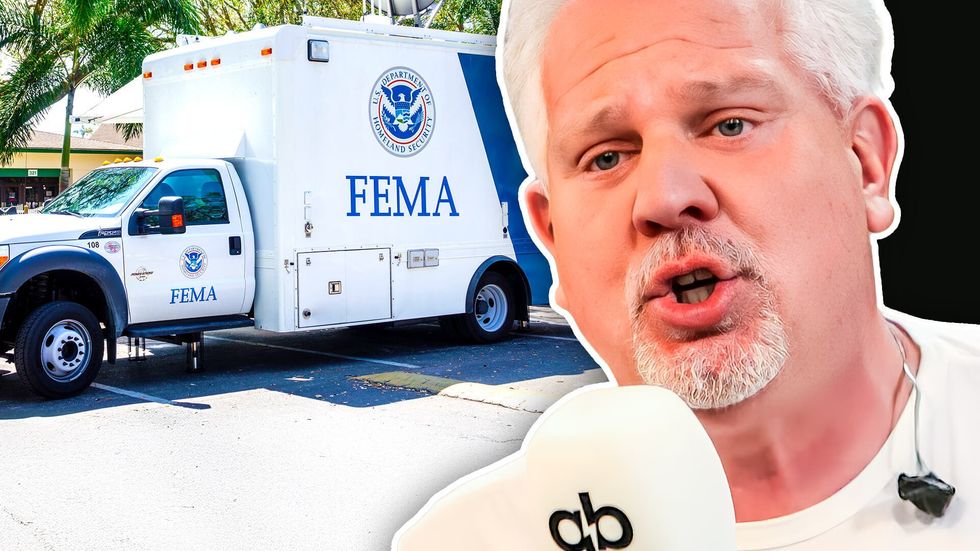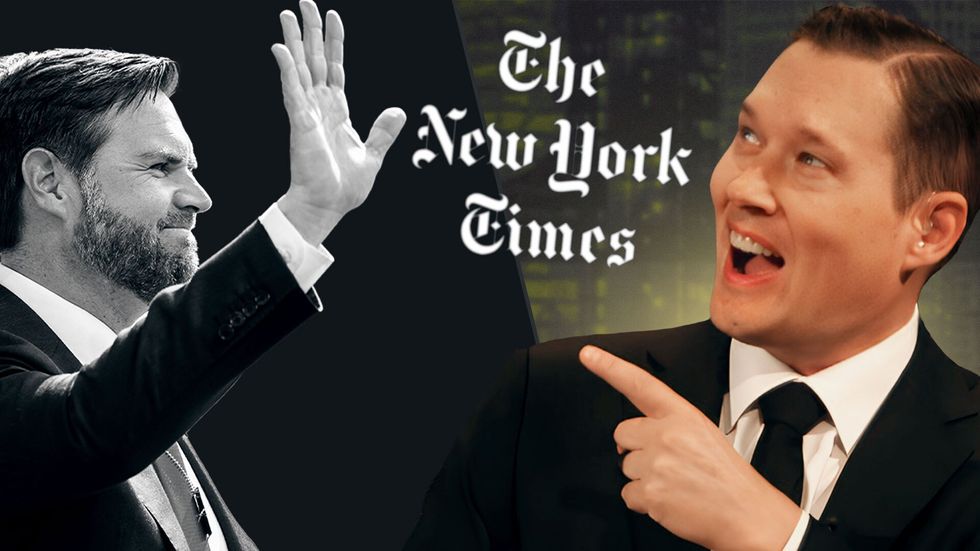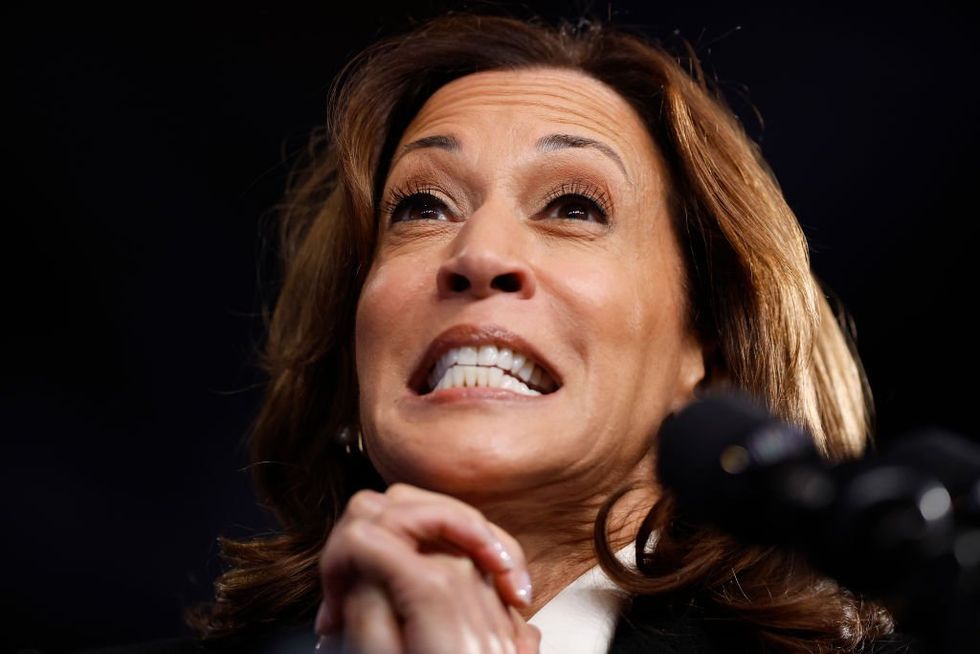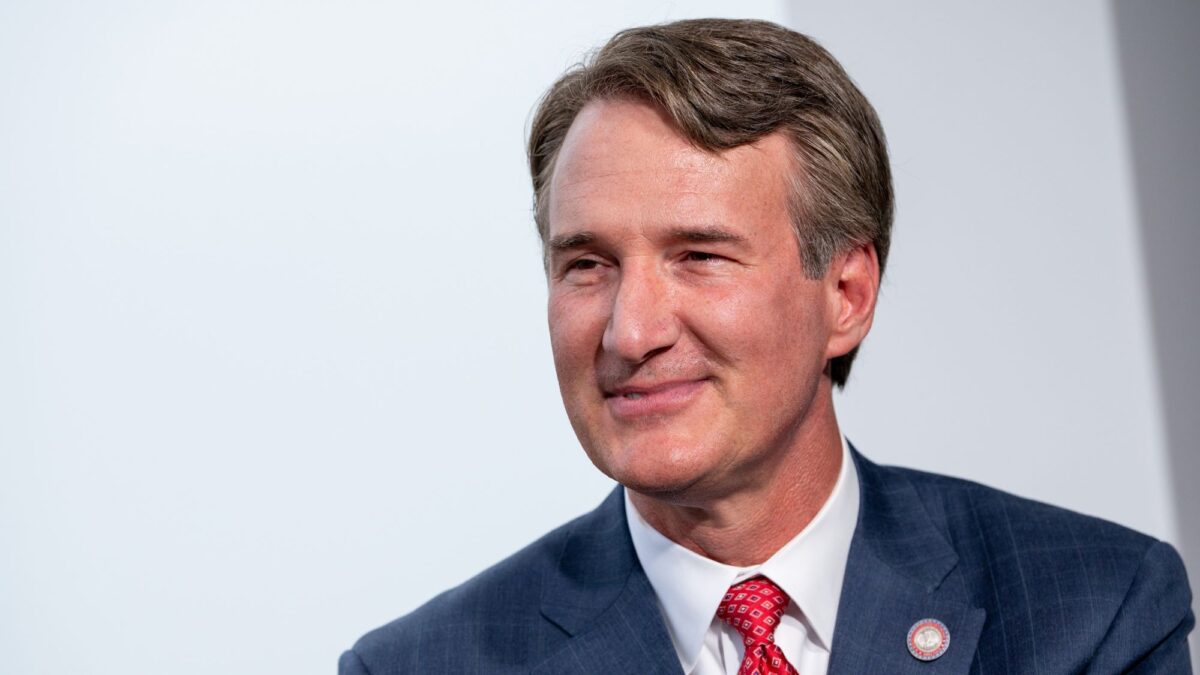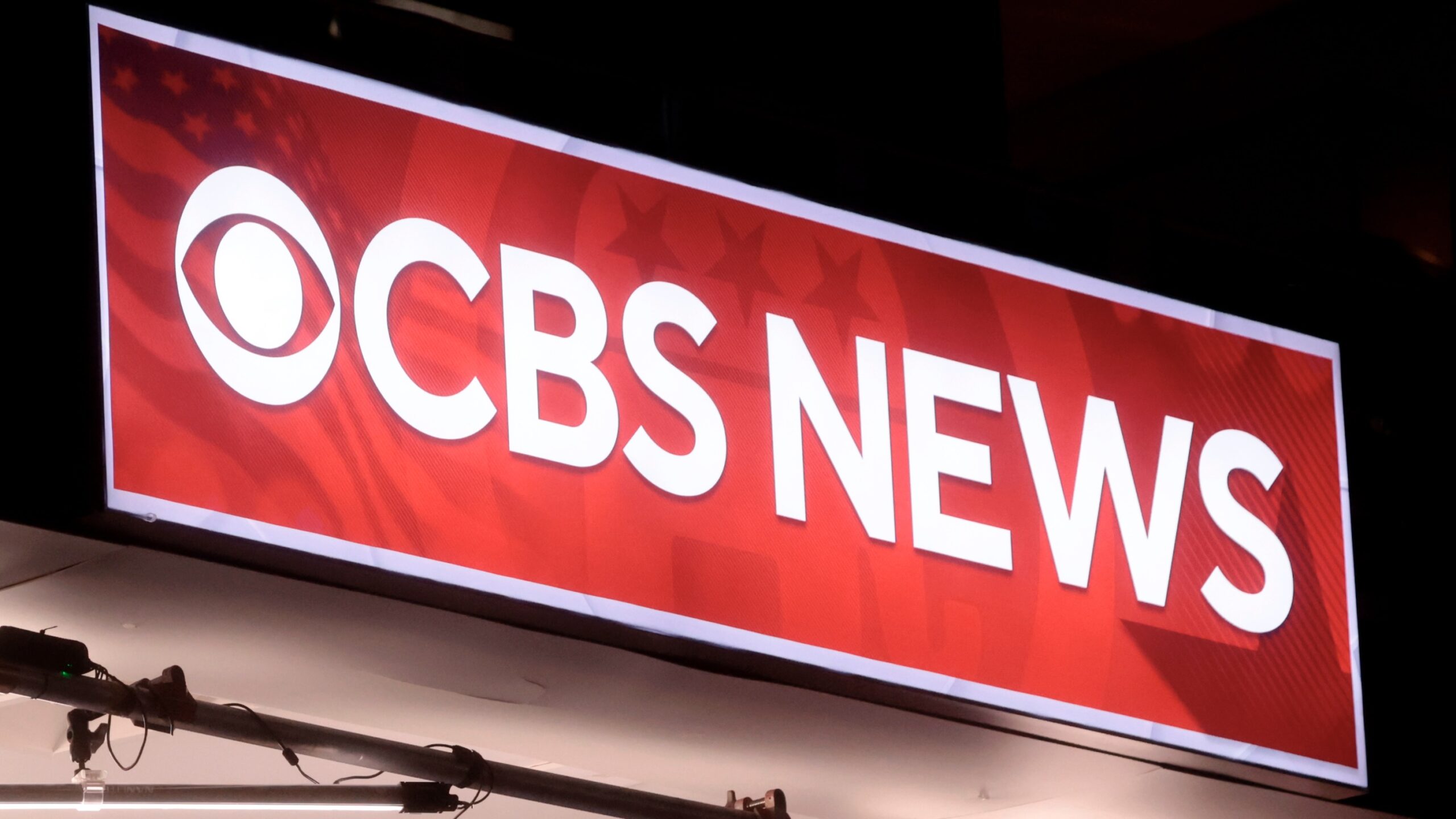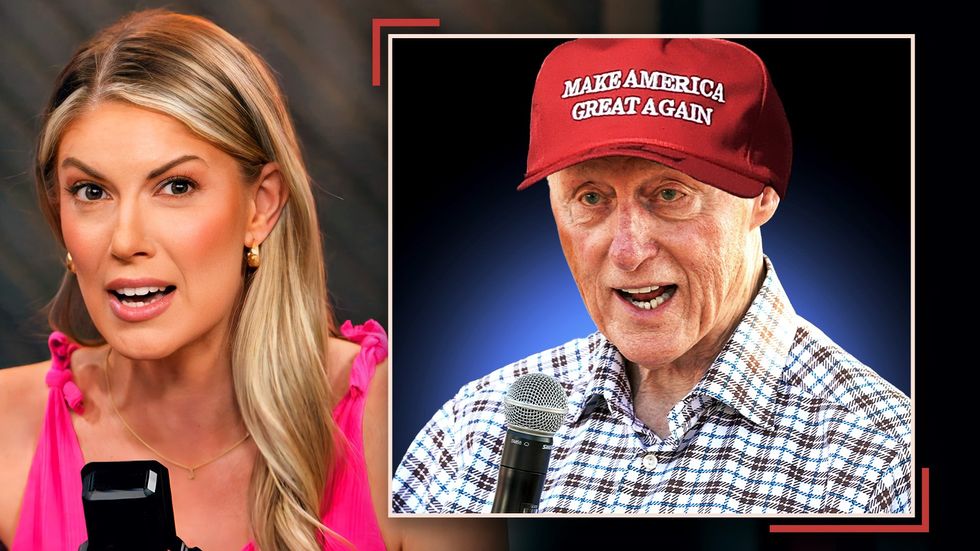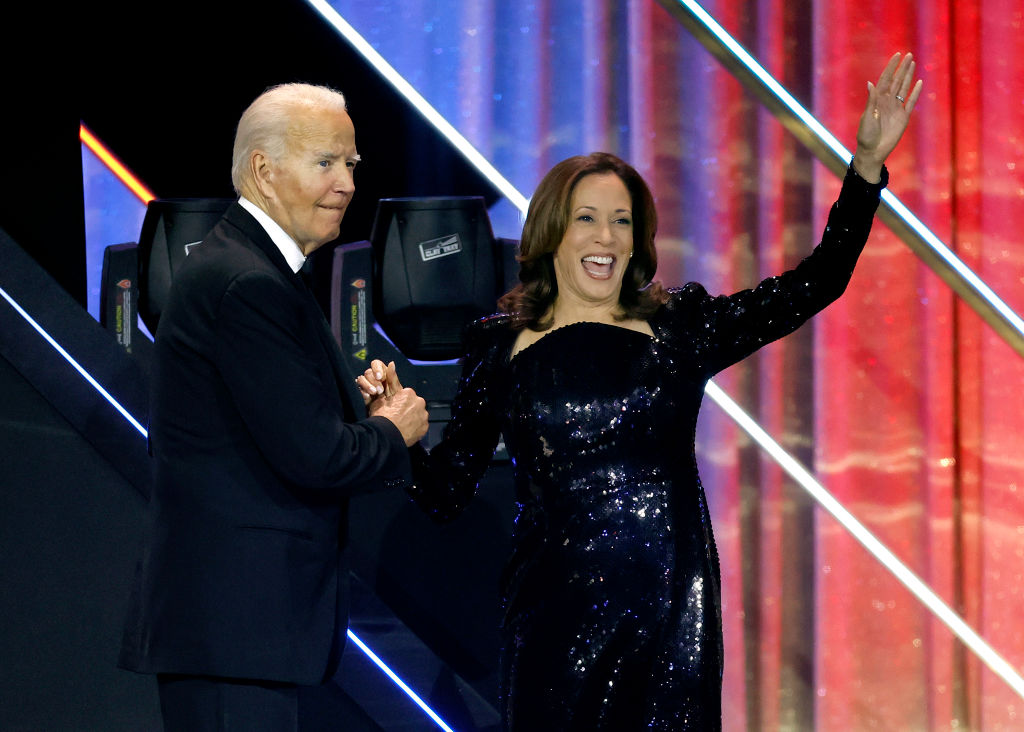The ‘Gender-Affirming Care’ Racket Is Collapsing In Front Of Our Eyes
“Consensus” is a word you hear a lot these days. And when you hear it, there’s a good chance you’re being told to keep quiet about something. For example, you might notice that celebrities are flying an awful lot for people who claim to be concerned about climate change. And you might find it odd ...

“Consensus” is a word you hear a lot these days. And when you hear it, there’s a good chance you’re being told to keep quiet about something. For example, you might notice that celebrities are flying an awful lot for people who claim to be concerned about climate change. And you might find it odd that politicians like Barack Obama are buying up giant seaside properties if they think the oceans are about to rise and wipe entire continents off the face of the Earth. And then you might notice that average temperatures in your area haven’t changed much in the past century.
These kinds of observations might lead you to question whether man-made climate change is really a big deal, or even if it’s happening at all. And in response, you’ll be told that your questions are irrelevant. They’re an affront to science, in fact, because a consensus has already been reached among experts.
One of the effects of this kind of “consensus” is that it signals to everyone else in the field — the “experts” — that they need to fall in line immediately. Even if they disagree with the consensus view, they understand that they need to keep quiet or else they’ll face professional consequences. So a declaration of a “consensus” can quickly become self-reinforcing. To outsiders, it appears that an entire field is united when really it’s not.
Again and again, we’ve heard that there’s a “consensus” among professional medical associations that these procedures are medically necessary. Everyone from the HHS Secretary to the ACLU and the DOJ have made that claim repeatedly, in state and federal courts as well as the media. And with a handful of exceptions — virtually all of them overseas — no major professional medical association has stepped up to correct the record on this.
This week, that trend finally came to an end.
It turns out that all journalists needed to do was ask some professional medical associations about their views on gender surgeries for adolescents, and the facade of “consensus” would come crashing down. That’s exactly what Leor Sapir, a fellow at the Manhattan Institute, decided to do. He reached out to the American Society of Plastic Surgeons, or ASPS, which represents more than 11,000 members — and 90% of the field of plastic surgery across the U.S. and Canada. This is obviously a field that’s also deeply involved in gender-related surgeries on both adults and minors. Sapir wanted to know what ASPS thought about so-called “gender affirming care” for minors.
Here’s what the society of plastic surgeons sent back.
ASPS has not endorsed any organization’s practice recommendations for the treatments of adolescents with gender dysphoria. ASPS currently understands that there is considerable uncertainty as to the long-term efficacy for the use of chest and genital surgical interventions for the treatment of adolescents with gender dysphoria, and the existing evidence base is viewed as low quality/low certainty.
For those who asked to see the email from the American Society of Plastic Surgeons: pic.twitter.com/QeXXmjn9rc
— Leor Sapir (@LeorSapir) August 13, 2024
In other words, there is, in fact, no consensus among major medical organizations about any form of so-called “gender-affirming care” for minors. That is a lie that’s been repeated by the Biden administration repeatedly, but it’s not true. And all it took to establish that it wasn’t true is for one fellow at the Manhattan Institute to ask the plastic surgeons’ association about this. They apparently weren’t going to volunteer the information, but when asked, they’re willing to say in writing that they don’t endorse any of these alleged “treatments” for children. This is how flimsy the “consensus” on these gender experiments really is.
This admission from ASPS has massive ramifications for procedures that are underway right now in the United States. As City Journal notes, the WPATH standards — which pretty much all major hospitals follow — doesn’t specify any strict age minimum for gender surgeries. These are standards that the Biden administration has also defended in federal court. And these standards have been put into practice, apparently without the endorsement of a major medical association like ASPS.
WATCH: The Matt Walsh Show
An analysis by the Manhattan Institute, using data from a national insurance database from 2017 to 2023, found evidence that roughly 5,000 to 6,000 double-mastectomies have been performed in this country on girls under the age of 18 in the name of so-called “gender-affirming care.” At least 50 of these girls were apparently under the age of 13. That last part bears repeating — In dozens of cases, girls under the age of THIRTEEN have had their breasts removed in order to “affirm” their gender.
These are numbers that both medical associations and politicians routinely lie about. But they’re verifiable and if anything, they’re undercounting the actual numbers of these procedures. The insurance database doesn’t capture out-of-pocket procedures at all, for example. And in some cases, there’s reason to believe that hospitals are coding these procedures to suggest that they’re not related to gender dysphoria, even when they clearly are.
For instance, as the Manhattan Institute notes, there’s been a nearly seven-fold increase in the number of so-called “nonbinary mastectomies” that have been performed on minors from 2017 to 2023. These are mastectomies that are intended to make the patient look nonbinary, whatever that means. Actually, we know what it means. It means that these are girls having their bodies permanently surgically altered to look more masculine, even though the girls do not actually even identify as boys. They identify as some other category with no clear definition at all.
The number of these procedures went from 70 in 2017, all the way up to 470 last year. And City Journal found that:
Plastic surgeons who perform these procedures leverage the existing billing code for breast reduction … a practice some might argue amounts to insurance fraud.
Based on this new revelation from ASPS, insurance fraud might be the least of these doctors’ problems. These procedures could also potentially amount to massive jury verdicts and settlements for medical malpractice and even intentional fraud, which isn’t covered by most provider’s insurance policies. That’s because consensus is a critical concept in medicine. If a doctor treats a patient and ends up harming the patient, it’s very hard to sue him if he can demonstrate that he was following an established standard of care that everyone agrees on. But if the doctor goes rogue, and disregards the view of major medical associations like ASPS, then there’s potentially a lot more liability at play.
As malpractice lawyer Kevin Keller told City Journal, medical providers could potentially be looking at more than $10 million in liability for individual cases involving these gender procedures — money they’d likely have to pay out of pocket.
This is an existential threat to this entire fraudulent industry. And it’s a threat that’s becoming much more pronounced lately. For several months now, there have been other signs that the house of cards that is “gender affirming care” is about to come crashing down. There was the Cass report to the National Health Service in England, which found that there’s “no good evidence” justifying any common “interventions” concerning gender identity. Then there was the ruling in the Sixth Circuit upholding Tennessee’s ban on the castration of children, over the objections of the Biden administration and the ACLU. There were also the leaked WPATH files, which exposed internal communications in which WPATH officials admitted that they didn’t know what they were doing in many cases. And there was the declaration from the American College of Pediatricians, a relatively small group which called on all major medical organizations to:
… stop the promotion of social affirmation, puberty blockers, cross-sex hormones and surgeries for children and adolescents who experience distress over their biological sex.
All of those developments have taken place this year. That’s how quickly the alleged “consensus” in this field of “gender-affirming care” has broken down, even as the number of people who might seek to access these procedures is increasing.
Gallup just found that nearly 8% of adults currently identify as “LGBTQ+,” which is a significant jump from 5.6% just four years ago. And as the Post Millennial reports, many of these new additions to the alphabet umbrella are young people.
For each generation, a person is about twice as likely to identify as LGBTQ as opposed to the generation before.
And of course, many of these young people — particularly the ones who identify as transgender — are highly likely to seek out hormones, surgery, puberty blockers, or some combination of the three.
This is a trend that’s only possible because of a manufactured, artificial consensus of alleged experts. It’s a social contagion that has depended on the silence of people who know better. With the statement this week from the plastic surgeons’ association, as unlikely as it was, any pretense of a consensus is now gone completely. It has been demolished as if it never existed — because it didn’t. For the sake of the millions of young people who are still eager to change their gender, this entire industry needs to meet the same fate.
Originally Published at Daily Wire, World Net Daily, or The Blaze
What's Your Reaction?
















